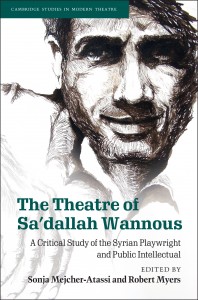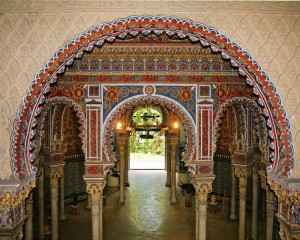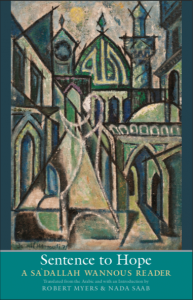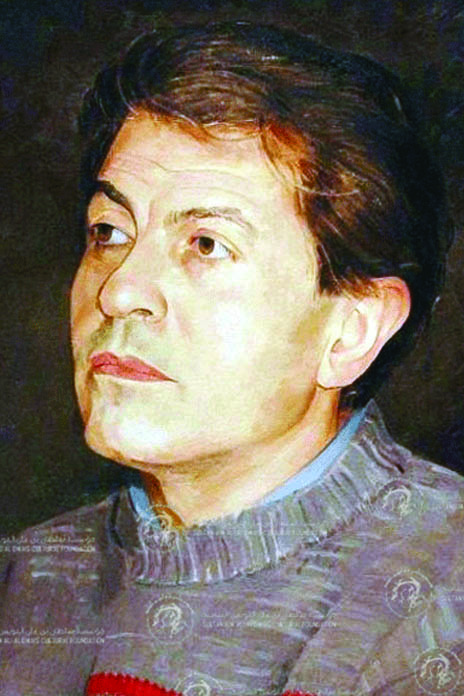
A Critical Study of the Syrian Playwright and Public Intellectual, in “Cambridge Studies in Modern Theatre.” Edited with Sonja Mejcher-Atassi, from Cambridge University Press, 2021.
Author Archives →
Latin America, al-Andalus and the Arab World

Essays on Cultural Transmission and Artistic Reimaginings, an homage to María Rosa Menocal, will be published this year by AUB Press. The volume, which is co-funded by CASAR, traces the routes of cultural transmission from the East, through medieval Iberia to Latin America.
“From Cairo to Camagüey: Ibn Daniyal’s The Shadow Spirit, Sarduy’s Cobra, and Rojas’s Celestina as a Bawd Between the Arab World and Latin America,”

Article by Robert Myers in Comparative Literature Studies, published by Penn State University. The article will be included in the forthcoming collection of essays edited by Robert Myers entitled Latin America, al-Andalus and the Arab World. Forthcoming in 2019.
Monologues for Actors of Color

The opening monologue from Against My Heart, Robert Myers’s play about the British actress Fanny Kemble, is the first monologue in Monologues for Actors of Color: Men, published in 2016 by Routledge. In the monologue, Jefferson Davis’s escaped slave, William Jackson, thanks textile workers in Britain for boycotting cotton picked by American slaves. The collection contains monologues by George C. Wolfe, Anna Deveare Smith, Will Power, Stephen Adly Guirgis and Ismail Khalidi.
New York Review of Books: “Coup de Théâtre”

Robert Myers and Nada Saab’s thoughtful selection builds a picture of a complex artist and thinker who used theater to grapple with the great political questions of his time: questions of the possibility of social justice, the effectiveness of revolutionary action, the power of words and art, and the possibility of personal freedom within repressive societies.
Top 10 Books of 2019 from the Arab World

In Sentence to Hope, translated by Nada Saab and Robert Myers, Sa’dallah Wannous, the towering Syrian playwright finally gets the wide-ranging collection he deserves. The book includes several of Wannous’s translated plays, essays and interviews that broaden our sense of the late writer’s relationship to his writing and his country.